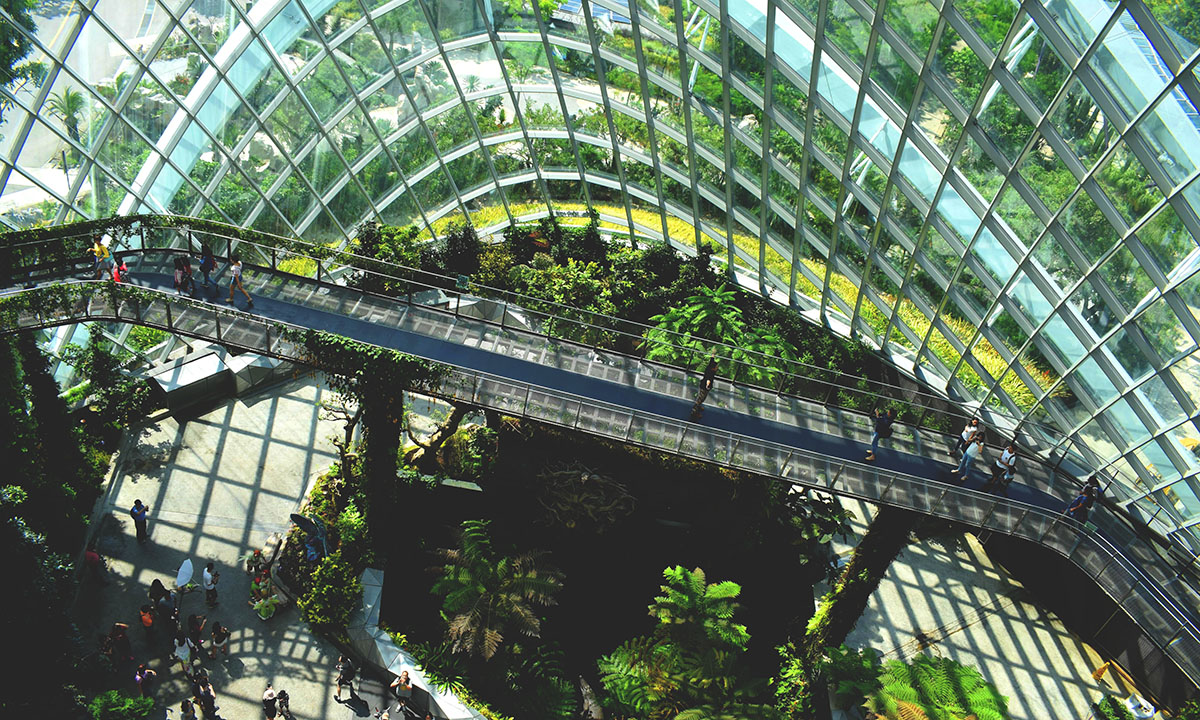On behalf of the Climate and Energy Fund, the ITA is further developing a model that enables a detail-oriented assessment of the maturity of innovations for climate-neutral cities.

Topics
Sustainable development considers the impact of technology on the environment and society. The ITA looks at how new technologies can contribute to a more ecological, economic and social form of sustainability.
Austria is committed to follow the principles of sustainable development. In its essence, this means preserving development opportunities for future generations, but also about expanding social justice within and between nations.
Sustainable development is closely linked to the use of technology. Modern technologies do not only lead to positive effects. On the contrary, many problems, for example in the environmental sector, result directly from the application and implementation of technology. Airplanes take us from point A to point B quickly and safely. Air traffic, however, makes a considerable contribution to the global climate problem. Many of the natural resources consumed in the process will no longer be available to future generations, which in turn – from today's point of view, will limit their development opportunities. A sustainable society will only function if it can rely on reliable technical systems and products. These should be as efficient, health-promoting, resource-saving, accessible and affordable as possible.
The United Nations' Agenda 2030 for Sustainable Development contains 17 goals as Sustainable Development Goals (SDGs) and 169 subgoals for sustainable development for the period 2016 to 2030. Several of these sustainability goals are directly relevant for research work at the ITA. For example, we deal with societal challenges and the analysis of socio-technical systems with regard to the development of industry and infrastructure for sustainable development (Goal 9). Other objectives that are directly relevant to our work include climate protection measures (objective 13), the provision of affordable and clean energy (objective 7), sustainable cities and communities (objective 11), responsible forms of consumption and production (objective 12), but also health and well-being (objective 3) and food security (objective 2).
When assessing new technologies, we must remember first and foremost that sustainability cannot be "prescribed" or considered only after the finished technology has been established. Rather, fundamental criteria for sustainability must be considered as early as possible in the development of new technologies.
This also broadens the research perspective of technology assessment (TA). TA examines technical solutions not only with regard to their contribution to sustainable development for society as a whole. It also deals with the question of how innovation processes can be geared more towards sustainability and how technical innovations can be disseminated in a sustainable way.
At the ITA we concentrate on environmentally friendly forms of production and consumption, which, for example, are addressed in forward-looking studies on the effects of digitalisation. Other current topics are climate protection, the transformation of the energy system and Active Assisted Living. In the field of university education, our contributions aim at a better understanding of the connections between technological development and social consequences.



![[Translate to English:] [Translate to English:]](/fileadmin/_processed_/2/f/csm_ToNoWaste_iStock-1425232271_3e814009f5.jpg)

![[Translate to English:] [Translate to English:]](/fileadmin/_processed_/a/e/csm_cityfoodbasket_6c01e1b1c1.jpg)
![[Translate to English:] [Translate to English:]](/fileadmin/_processed_/1/3/csm_PRODIGEES_Logo_1ae23190d3.png)
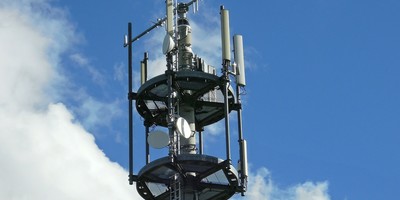

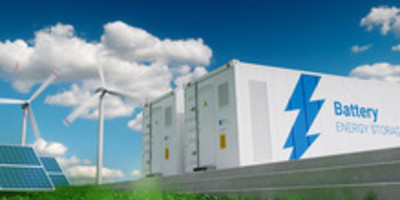
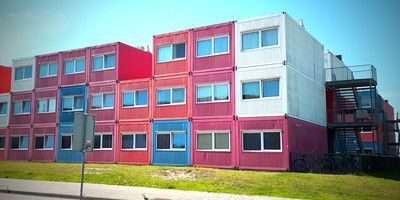


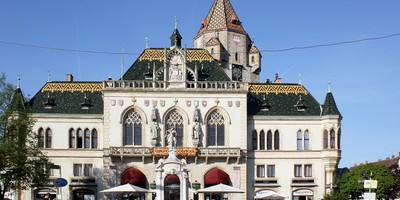



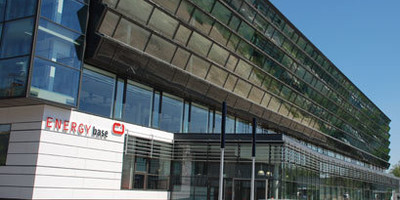
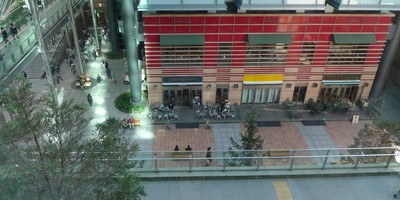

This site uses cookies. They ensure essential functionalities of the website and enable us to continuously optimize content. Help us by agreeing to the collection of statistical data and the presentation of external multimedia content. You can change your cookie settings at any time. Further information can be found in the privacy settings and by clicking the Data Protection Link.
